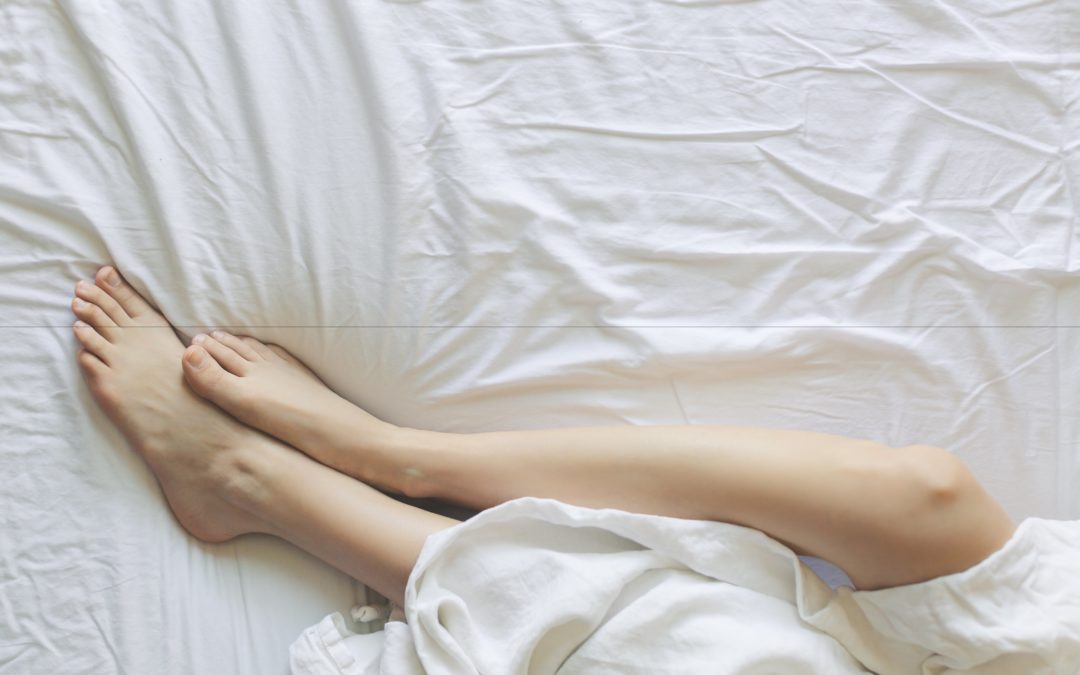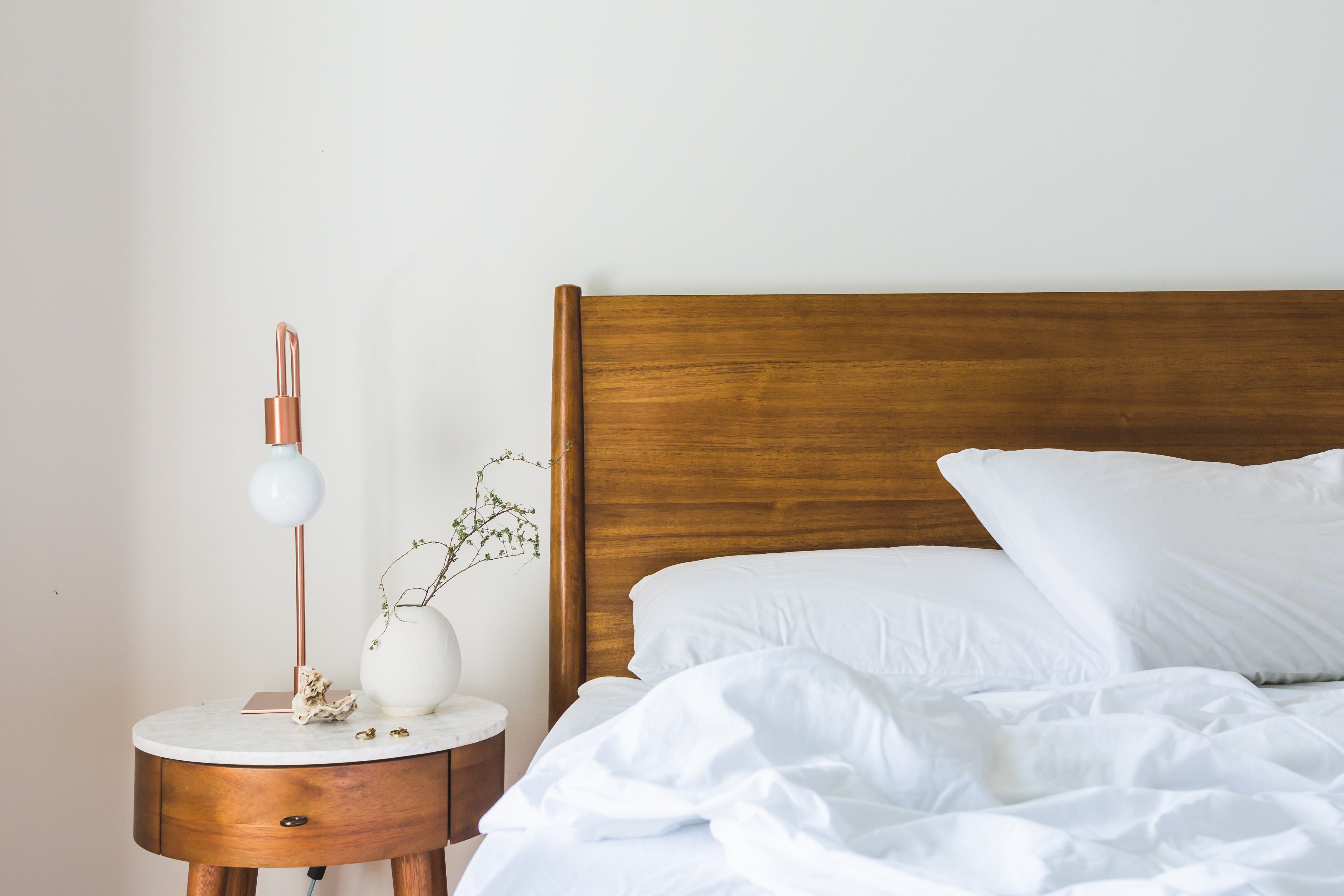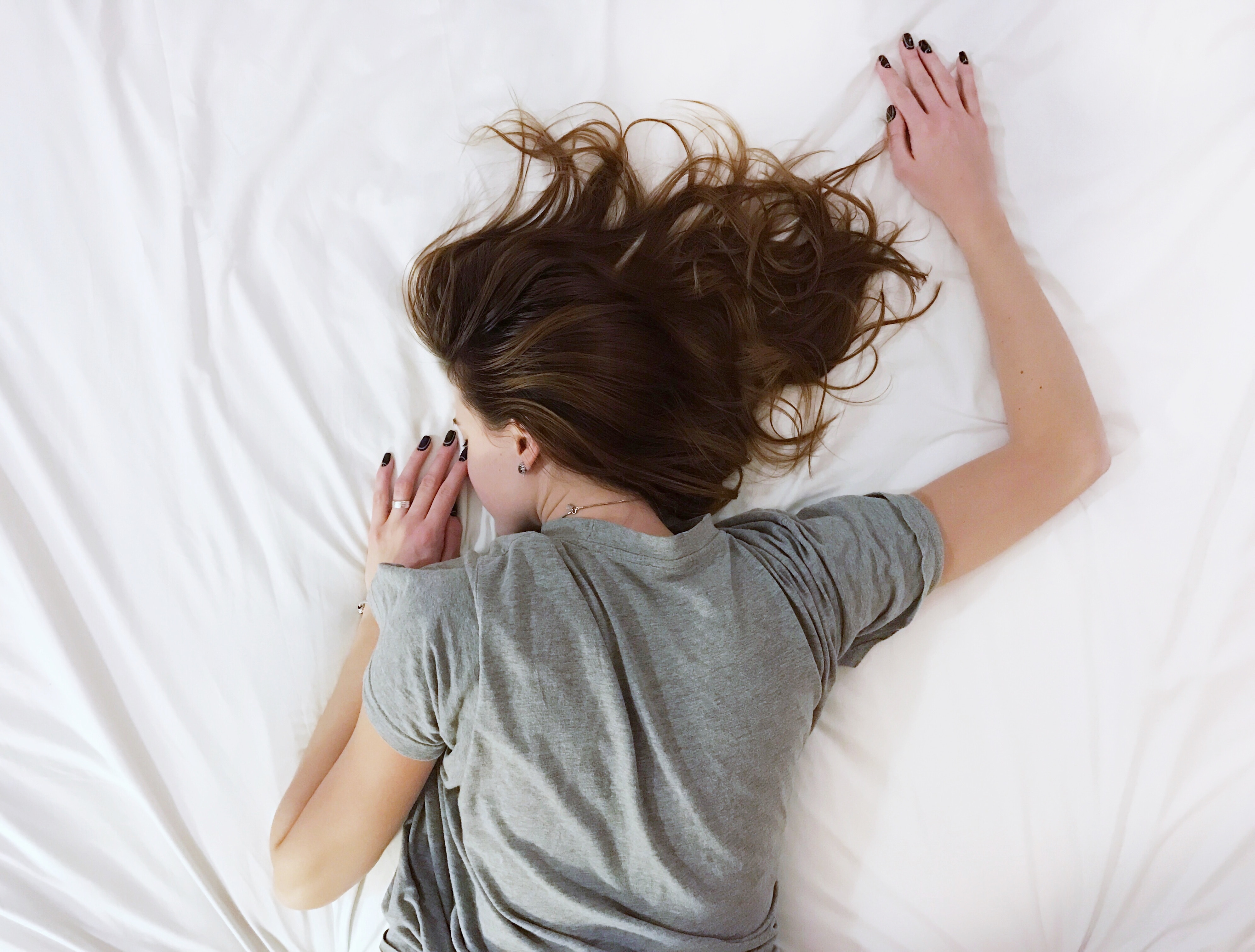Sleep Hygiene
Sleep hygiene means practicing good sleep habits. Important elements include maintaining a comfortable temperature, darkness and quiet in your bedroom, and comfortable bedding. You should go to bed at the same time each night, and avoid screen time, caffeine, and late naps. Sleep hygiene can also include incorporating relaxing exercises into your pre-bedtime routine, such as yoga and meditation.
Just like how you take care of your personal hygiene by brushing your teeth, your sleep hygiene should become a non-negotihtble part of your routine.
Yoga and Sleep
Practicing yoga poses an help you calm your mind and body. This makes it easier to fall asleep quickly and stay asleep through the night. You can practice some yoga poses in bed including:
- Legs up the wall
- Forward bend
- Happy baby pose
- Child’s pose
- Corpse pose
- Reclining Goddess pose
When you practice yoga in bed it’s a good idea to move pillows and comforters to that you have a large flat surface. You hold choose a mattress with a good support core so you’ll have a comfortable sleeping environment as well as a good place to stretch and do seated poses.
Meditation and Sleep
Meditation can be helpful for sleep, practiced with or without yoga. It can relieve stress, and can calm your mind so you can get to sleep quickly and experience restful, restorative sleep.
Meditation has been proven to:
- Reduce fatigue
- Diminish Anxiety and depression
- Rewire Brains
- Repair genes
Meditation can help you get good quality sleep by triggering a relaxation response, and it can hep yo if you’re short on sleep. it shifts your focus, helping you focus on the preset moment.
We can practice meditation for better sleep and daytime focus with:
- Progressive muscle relaxation
- mindful breathing
- counting meditation
- guided meditation
How You Can Improve Sleep Hygiene for Better Sleep
Improving your sleep habits can improve your sleep. Get better sleep by following thee sleep hygiene tips:
-
Maintain a comfortable temperature. Your bedroom shouldn’t be too hot or too cold. Most people tend to sleep best in a cool room. Make sure your mattress, bedding, and pajamas are breathable and appropriate for the season.
-
Keep your bedroom dark. Bright lights can interfere with your circadian rhythm, telling your brain it’s time to wake up even when you’re trying to go to sleep. Consider blackout curtains if your bedroom isn’t dark enough.
-
Keep your bedroom quiet. Loud noises can keep you up or jar you awake. Limit nighttime noise and consider using a white noise machine if you’re bothered by noises at night.
-
Invest in comfortable bedding. The right mattress can help you stay comfortable at night, aligning your spine and offering the support you need for restorative sleep.
-
Limit screen time before bed. Just as bright lights can interfere with your brain’s sleep signals, screen time can be confusing as well. Avoid using screens in the hour (or more) before bed to avoid sending your brain a signal that it’s daytime and time to stay awake.
-
Avoid large meals, caffeine, and alcohol before bed. Consuming these items can interfere with sleep quality, or make it difficult to fall asleep.
-
Go to bed at the same time each night. Setting a consistent sleep time can train your brain and body to get sleepy at a regular time. This will make it easier to drift off to sleep each night.
-
Nap wisely. Avoid naps late in the day, or napping for too long, as they can interfere with sleeping well at night.
-
Use your bed as a dedicated place for sleep and rest. Your bed should only be used for sleep, sex, and restful activities, such as yoga and meditation. Avoid working, eating, and other activities in bed.
This post was graciously submitted to Bloom & Spark by Sara Westgreen. Sara Westgreen is a researcher for the sleep science hub Tuck.com. She sleeps on a king size bed in Texas, where she defends her territory against cats all night. A mother of three, she enjoys beer, board games, and getting as much sleep as she can get her hands on.




